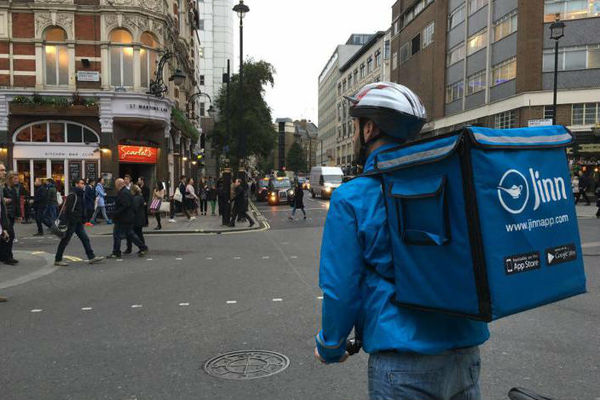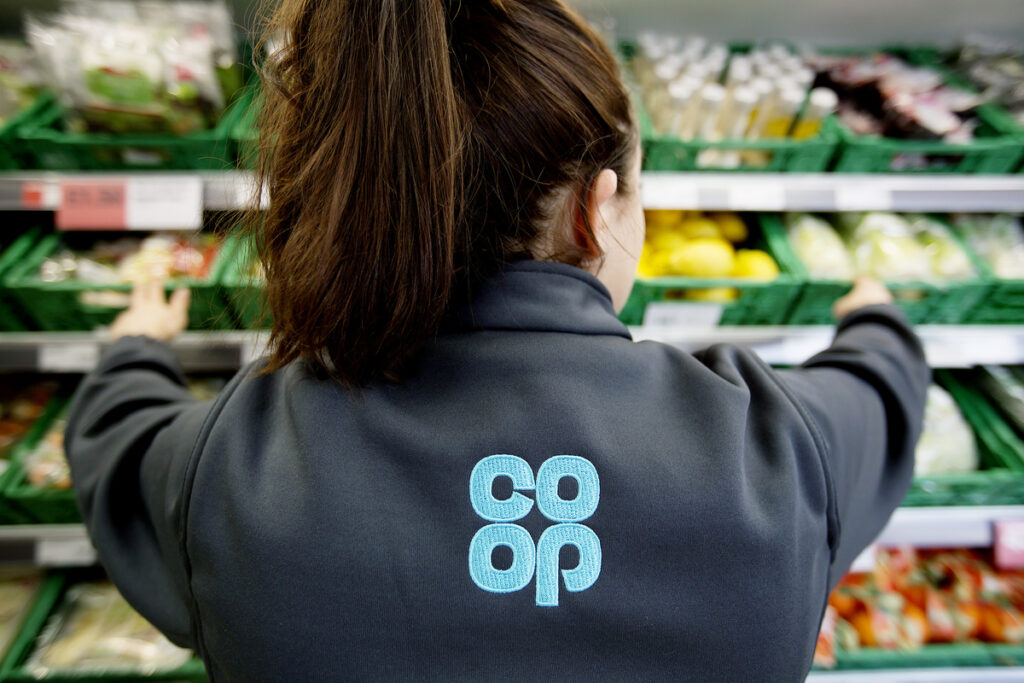Last week Tesco announced its one-day delivery service to rival AmazonFresh, the ecommerce giant‘s grocery service which has the Big 4 worried.
This is less due to Amazon‘s entrance into a market which they know far better, but more to do with the fact that it is a market leader in providing instant gratification for consumers.
In a trend which has been dubbed everything from “time wars” to the “go economy” retailers are investing heavily in attempting to meet consumers growing need to have what they want exactly when they want it.
“The ‘Go Economy’ has been created by the always-on, immediate world which digital has made easily available to modern consumers. People no longer buy videos from HMV – they search on Netflix for something to watch,” SapientNitro‘s vice president Guy Elliott said.
“Retailers such as Amazon have paved the way for the Go Economy by being able to provide services and goods in or near real-time, and removing the length of time and hassle it takes to plan and visit other locations to make a purchase, as well as making it easy to make a return.”
RELATED: Tesco is primed to take on AmazonFresh
Established retailers are now under increasing pressure to ensure they can rival if not better what is on offer from ecommerce specialists. Tesco have opted to introduce their own delivery service, yet Morrison‘s recent partnership with Ocado shows an alternative outsourcing strategy that has seen the likes of Deliveroo grow exponentially.
Delivery times are getting shorter every week, the less time spent from purchase to delivery the better. Companies like Jinn, an app based delivery service allows customers to have anything they want delivered within an hour.
“Like digital itself, instant delivery is forcing retailers to look at their core business model with a fresh perspective. Retailers with smaller budgets than the likes of Tesco should decide whether instant delivery is a critical differentiator to the business and if it is, they need to find an innovative delivery partner, or invest on their own,” Elliott said.
With Amazon rolling out its Dash scheme, whereby consumers can re-order household good at the touch of a button with one day delivery, traditional retailers are having to find ways to compete with the leaders of the “go economy” and maintain their stake in an increasingly competitive market.
“Innovation through focusing on what the customers need, and ideally on your existing brand and strengths as a retailer, is a way to change the game and win,” Elliott said.
“Partnering with a sophisticated delivery supplier is still critical; but these days meeting delivery expectations is about much more than just how fast the product arrives.
“It‘s about expectations around tight delivery windows (same day service isn‘t that useful if you have to wait at home all afternoon to receive an item), flexible delivery locations (home, office, store, lockers), simple returns and much more.
“This is where more traditional retailers with store footprints could compete from a basis of strength – if they could effectively leverage the infrastructure that they have.”
Click here to sign up to Retail Gazette’s free daily email newsletter
















